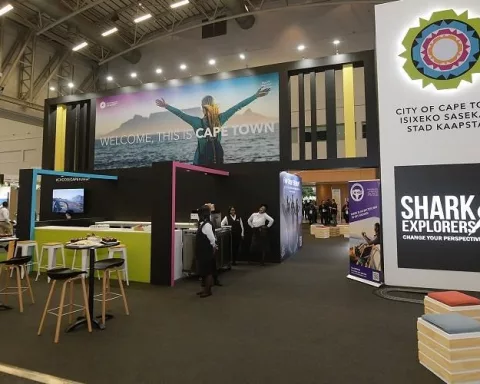Supported Employment Enterprises (SEE) is committed to creating job opportunities for Persons with Disabilities (PwD) by developing partnerships with various economic stakeholders to facilitate their transition from education to the labor market. Vocational training is emphasized by SEE to broaden future opportunities for PwDs who are not academically inclined.
Workshops for Employability
SEE has been conducting several workshops as part of the Education for Employability (E4E) program supported by the European Union. The latest workshop, titled “Transitioning from Education to Work for Persons with Disabilities,” was held at ANEW Hotels & Resorts: Hunters Rest in Rustenburg, North West. Representatives from the Department of Basic Education, Department of Higher Education and Training, Department of Employment and Labour, Compensation Fund, special schools, and non-governmental organizations attended the event.
A Community-Centered Approach
SEE proposes that stakeholders collaborate to drive local content and promote the employability of PwDs. SEE’s spokesperson emphasized focusing on the abilities, rather than disabilities, of PwDs. This perspective is crucial as the North West province struggles with high unemployment rates despite its economic output.
The E4E Program
The E4E program launched in 2019 is a three-model stream initiative implemented by the Department of Basic Education, the Department of Higher Education and Training, and the Department of Employment and Labour. The program seeks to provide youth with the skills needed to find or create meaningful employment in today’s labor market. However, the COVID-19 outbreak has hindered the program’s progress.
Creating Job Opportunities
SEE, an entity of the Department of Employment and Labour, operates 13 factories across South Africa, employing 1,100 persons with disabilities. These factories manufacture various products such as office and school furniture, hospital clothes, office safes, and gates. SEE aims to foster an inclusive approach that empowers PwDs through skill development and targeted support, ultimately enabling them to become active participants in the labor market.
An Inclusive and Accessible Working Environment
Esther Tloane, the Department of Employment and Labour’s Chief Director of Public Employment Services, expressed concern over the low absorption rate of PwDs into the labor market and highlighted the need to provide opportunities to willing and capable individuals. SEE and its partners hope to create a more inclusive and accessible working environment for PwDs, ensuring that they are not left behind in the pursuit of economic growth and development.












